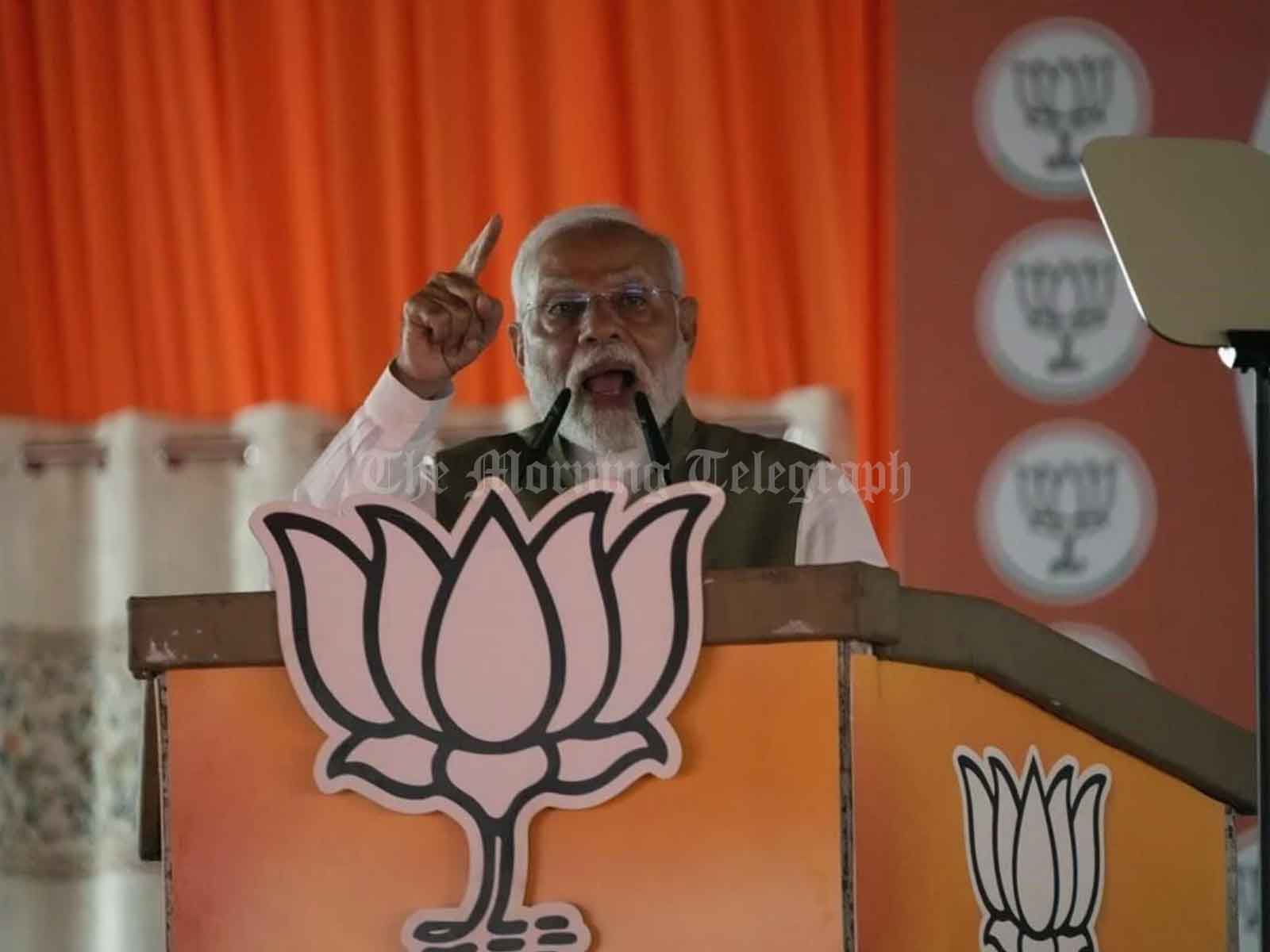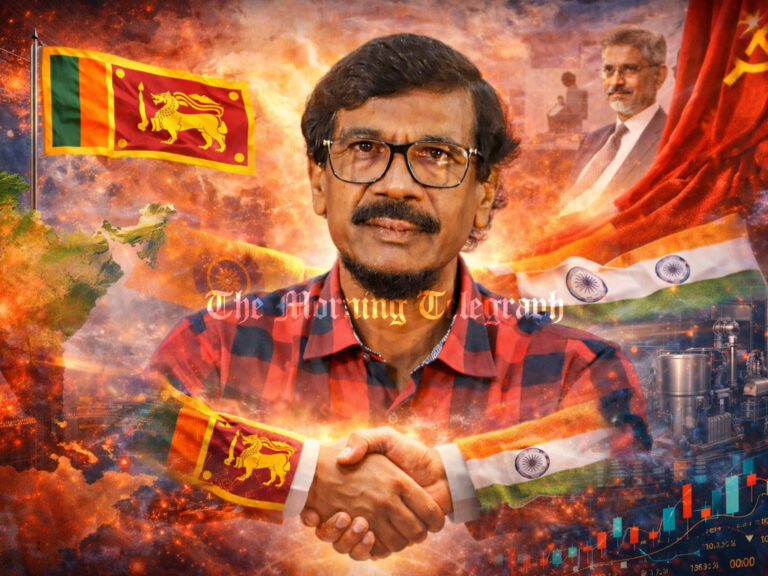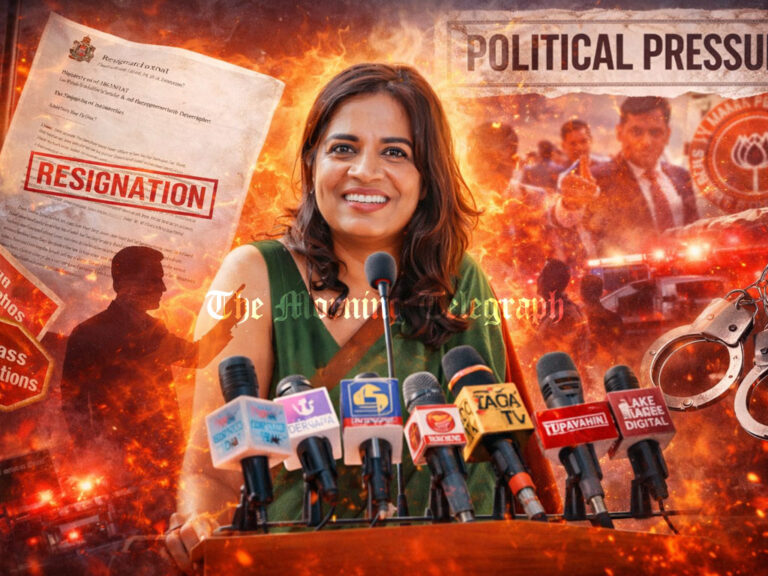
SRINAGAR, India (September 19, 2024) – In a heavily secured visit, India’s Prime Minister Narendra Modi arrived in Srinagar, the capital of Indian-administered Kashmir, on Thursday to campaign for his Bharatiya Janata Party (BJP) in the region’s first local elections since New Delhi revoked Kashmir’s semi-autonomy in 2019.
Modi’s trip to the Kashmir Valley, a region long marked by an anti-India rebellion, underscores his government’s efforts to solidify control over the territory while facing widespread local opposition. In 2019, New Delhi stripped Kashmir of its special constitutional status, which had granted the region significant autonomy, including protections over land and jobs. The move split the former state into two union territories, placing them directly under central government rule.
Security in Srinagar was dramatically heightened ahead of Modi’s arrival. Razor wire barriers, road checkpoints, and thousands of armed paramilitary troops and police officers were deployed throughout the city, especially near the rally venue in the city’s commercial center. The prime minister’s visit comes during a multi-phase election, the first in a decade, to elect a local assembly. Though the vote allows Kashmir to regain some self-governance, significant powers remain concentrated in New Delhi.
Addressing a rally, Modi hailed the election as a “festival of democracy” and reiterated his government’s promise to eventually restore Kashmir’s statehood, though he did not provide a specific timeline. “We have said in the parliament that we will restore the region’s statehood, and only BJP will fulfill this commitment,” Modi told the crowd.
Kashmir has been a flashpoint of conflict between India and Pakistan since the end of British rule in 1947, with both countries claiming the territory in full but controlling only parts of it. In Indian-administered Kashmir, an insurgency against New Delhi’s rule has raged since 1989, with tens of thousands of people killed in the conflict. While many Kashmiri Muslims support either independence or unification with Pakistan, India maintains that the uprising is fueled by Pakistan-backed terrorism.
Modi’s government has defended its 2019 actions by claiming they would lead to greater investment and economic development in the region, but critics argue that the move has eroded Kashmir’s autonomy and threatened its Muslim-majority identity. The opposition Congress party and regional groups have vowed to fight to reverse the changes made by Modi’s administration.
Thursday’s rally marked Modi’s second visit to the region to campaign for his party. The election is being held in stages, with the final votes set to be counted on October 8. Despite the heightened security and political tensions, voter turnout was high in the first phase of the election.
In his speech, Modi took aim at opposition parties, accusing them of bringing “chaos and fear” to Kashmir while promising to restore peace. The BJP, which enjoys strong support in Jammu’s Hindu-majority areas, faces stiff competition in the Muslim-majority Kashmir Valley, where it has yet to win a seat.
Although the BJP is fielding candidates in both Jammu and Kashmir, many believe the party is quietly supporting independents in the valley to fragment the opposition. The election, seen by many as a test of Modi’s vision for the region, is being closely watched across India and internationally.
As tensions remain high, the future of Kashmir’s political status and its relationship with New Delhi continues to hang in the balance.




